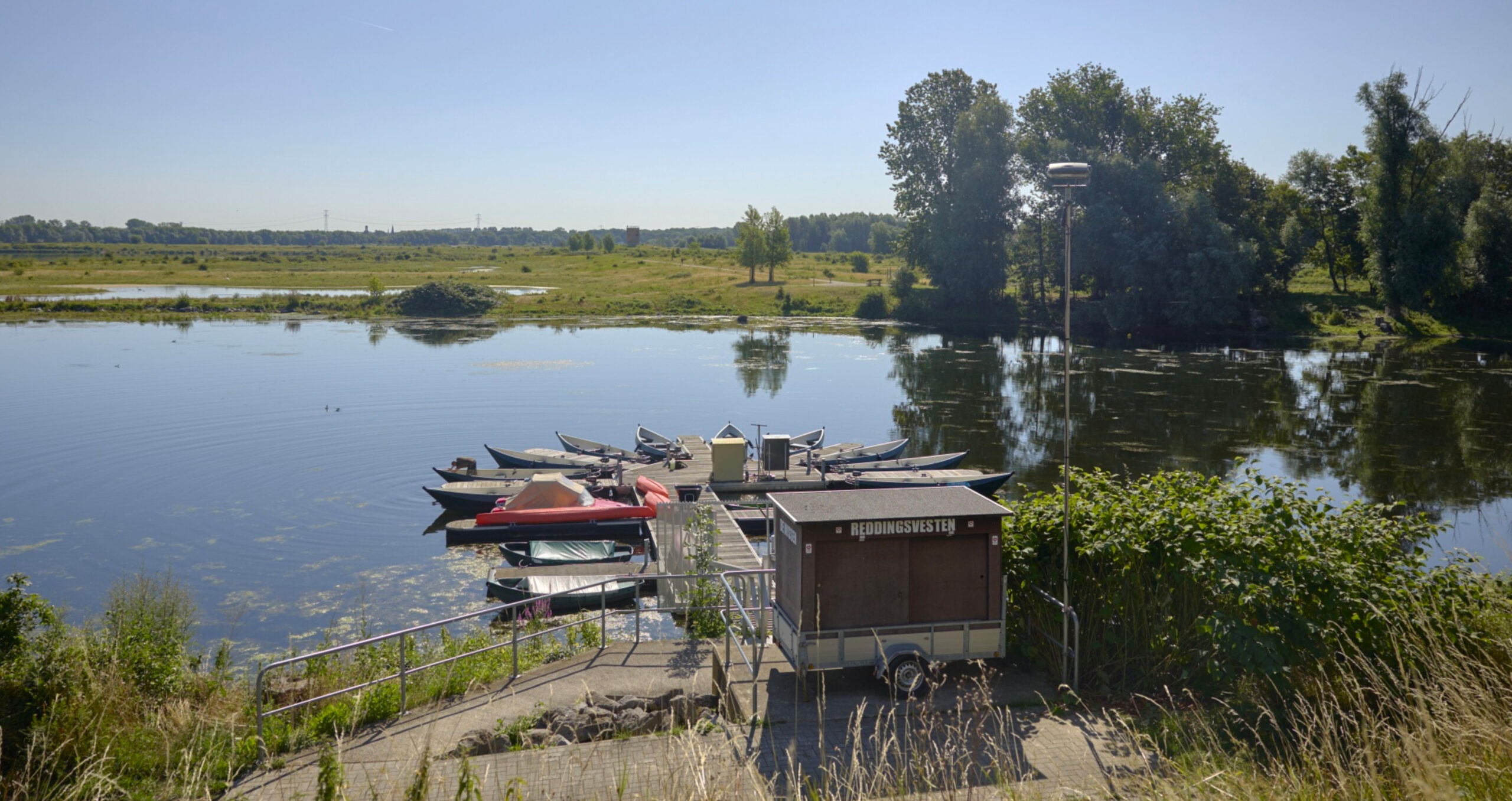

The Nature Restoration Law has been passed by the European parliament – but differences in opinion between centre-right and centre-left politicians are likely to surface in a similar fashion in other bills related to the EU Green Deal.
Members of the European parliament have narrowly voted to keep the EU Green Deal alive by rejecting a call by the centre-right European People’s party to ditch the controversial Nature Restoration Law.
MEPs supportive of the bill cheered as the result was announced, though it remains to be seen if some of the European Commission’s original proposals – removed or altered by EPP amendments – can be reintroduced during negotiations between the parliament, the European Council and the commission.
This is not the end of the matter, and many politicians to the centre and the left fear the EPP could try to weaken the environmental elements of other files. This week, for example, the party won support for amendments to the Industrial Emissions Directive.
Wide support
After frantic lobbying by politicians on both sides of the debate, and letters and petitions of support from scientists and business for the EU executive’s plans to set targets to protect 20 per cent of the region’s degraded ecosystems, there was relief from left-wing and green politicians when it became clear the EPP had failed to kill the bill.
“This is a huge social victory for scientists, young people, lots of companies and businesses and the agricultural sector,” César Luena, the Spanish MEP who had led the negotiations in parliament, told journalists. “It is a huge gain for social democracy.”
He insisted it was a “good law” that was “not against anybody”. The EPP’s campaign insisted the bill would likely harm farmers, renewable energy growth and local communities.
Yet the law did not come through unscathed, as the parliament scrapped proposals to restore agricultural lands, including peatlands – habitats important both for wildlife and for carbon sequestration. The commission is clear that without healthy soils and trees to store carbon, the EU’s climate targets will be missed.
“The law has been ransacked by the vested interests of many of our lawmakers and we’ve been left with a shell of a law,” said Ioannis Agapakis, a lawyer at non-profit ClientEarth.
Ahead of the vote, CEOs and executives from more than 80 companies – including French insurance company CNP Assurances, Danone, H&M, IKEA, Impax Asset Management, Legal and General Investment Management, and Shroders – signed an open letter urging EU leaders to adopt ambitious legislation to address the nature and climate crises together.
“Businesses, investors and an increasing number of central banks realise nature loss and climate change are interlinked, putting our economies at risk and impacting our economic resilience,” commented Ursula Woodburn, director of Corporate Leaders Group Europe, a network of companies aiming for net zero, in a press statement.
“When nature is under pressure, our food systems are under pressure,” Bart Vandewaetere, vice president ESG engagement at Nestlé Europe, told Sustainable Views. “Nature restoration and food security are interdependent – we rely on nature for producing our raw materials.”
Implementing the nature restoration law could “accelerate the transition to regenerative agriculture in Europe and generate benefits for farmers and their livelihoods and environment, improving soil health, restoring water cycles and increasing biodiversity,” Vandewaetere said.
He added, however, that “more funding” should be “directed to farmers to help them restore nature through their day-to-day work”.
The need for financing to help farmers implement nature restoration measures was also a key message from the EPP, which this week also succeeded in exempting the EU’s largest and most polluting farms from the Industrial Emissions Directive.
The move was criticised by environmental campaigners, with Greenpeace EU saying in a press statement: “The parliament vote effectively weakens current legislation, lowering requirements even for industrial pig and poultry farms subject to the directive since 1996. Farms with fewer than 2,000 pigs and/or 750 sows, or 40,000 poultry would now be exempt from regulation under the IED.”
Agreement on final versions of both texts must now be negotiated by the three EU institutions.
Future files
The European Commission last week adopted a vast package of measures covering soil health, food waste, textile waste, new genomic techniques, and plant and forest reproductive materials. Common ground will have to be found between the political groups and the EU institutions if these files are to be turned into EU law.
Negotiations over plans to reduce packaging and to introduce stricter emissions norms for vehicles in the EU may likewise highlight rifts in MEPs’ ideological positions, possibly weakening legislation designed to better manage the climate and biodiversity crises.
Similar Articles

Farmland investment and ‘green grab’ threatens food security

In Brief: US EPA issues final methane emissions reporting rule; Australia publishes ‘Future gas strategy’


